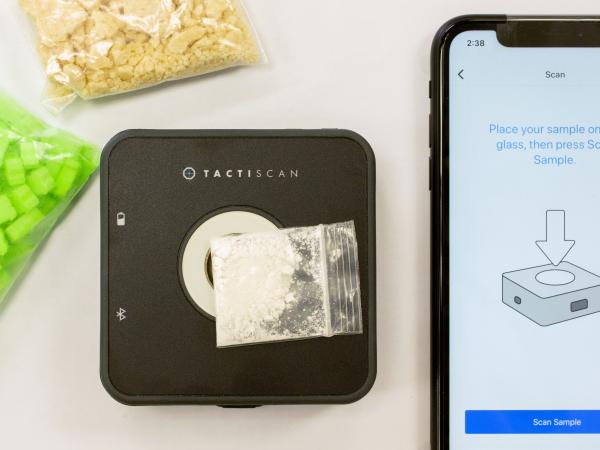
The real-time drug-screening tool, called Lumi Drug Scan, will allow officers to test for "the three most harmful and commonly used drugs on the New Zealand market" while "working in our communities", police said in a statement.
A six-month trial of the devices will be carried out across the Canterbury, Auckland and Central police districts.

“The current drug-testing processes have limitations and as technology continuously improves, we need to look at ways to improve the tools available to frontline staff to ensure they are better informed at the scene and therefore able to make the best possible decisions in real-time," Johnson said.
He said the device will give police "a fuller picture around the circumstances of the incident they are dealing with and to use this information to decide what steps to take next".
In December, the Government also announced it would give police new powers to conduct random roadside drug testing and to prosecute drugged drivers in a bid to save lives on the road.
The new rules – to go through Parliament this year – mean the police will be able to conduct oral-fluid drug testing on drivers.
They are expected to come into force in early 2021.
Any drivers who test positive for the presence of drugs will be fined and immediately suspended from driving for a minimum of 12 hours.
"The change will allow police to test drivers for the presence of drugs and impairing medication anywhere, anytime, just as they can for alcohol," Associate Transport Minister Julie Anne Genter said at the time.

In 2018, 95 people were killed in preventable crashes where the driver was found to have drugs in their system that could impair driving.
Genter said the saliva tests would take between two and five minutes to process, but they were not foolproof.
The devices were known to give false positives, so people who tested positive would be tested a second time before facing a fine and an immediate suspension from driving for a minimum of 12 hours.













